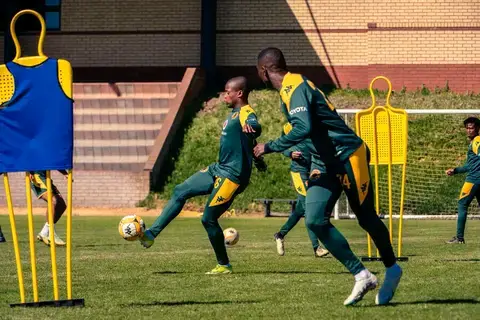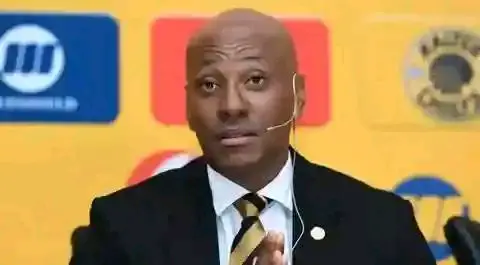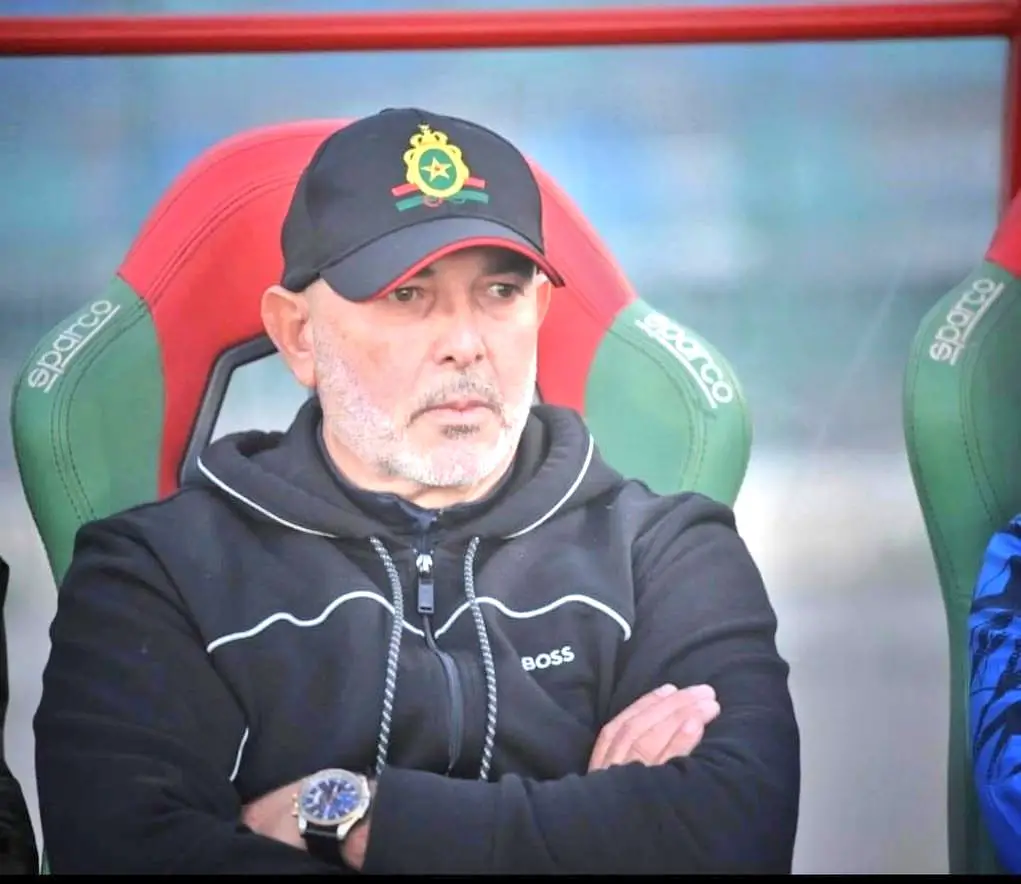The glory days of Kaizer Chiefs, one of South Africa’s most storied football clubs, seem like a distant memory as the team continues to grapple with an extended trophy drought. Once the epitome of success in South African football, the Amakhosi have not lifted a major trophy since their 2014-15 Premier Soccer League (PSL) triumph. This barren spell, now approaching a decade, has not only frustrated the club’s passionate fan base but has also raised serious questions about the club’s management, strategy, and future prospects.
A Brief Overview of Kaizer Chiefs’ Histor Kaizer Chiefs, founded in 1970 by the legendary Kaizer Motaung, quickly became a powerhouse in South African football. The club’s rich history is adorned with numerous domestic league titles, cup victories, and continental honors. With their iconic gold and black colors, Chiefs established a reputation for flair, dominance, and a winning culture that attracted millions of supporters across the country and beyond. Throughout the 1980s, 1990s, and early 2000s, Kaizer Chiefs were a dominant force, consistently competing for and winning major honors. The club’s success was built on a foundation of strong management, savvy player recruitment, and a commitment to entertaining football. However, the recent past has been a stark contrast to the club’s illustrious history.The Beginning of the Trophy Drought, the current trophy drought can be traced back to the 2015 season when Chiefs last won the PSL title under the guidance of coach Stuart Baxter. That season, the team was almost unstoppable, playing a brand of football that was both effective and aesthetically pleasing. However, the success of that campaign masked underlying issues that would later come to the fore. After Baxter’s departure, the club struggled to find stability in the managerial hot seat. Several coaches, including Steve Komphela, Giovanni Solinas, and Ernst Middendorp, came and went, but none could replicate Baxter’s success.
The constant changes in coaching staff disrupted the team’s continuity and led to inconsistent performances on the pitch. The club’s recruitment strategy also came under scrutiny during this period. Chiefs, once known for attracting top talent, found themselves signing players who failed to live up to the club’s high standards. The lack of quality signings, coupled with the departure of key players, further weakened the squad.
The club’s failure to adequately replace star players like Tefu Mashamaite, Mandla Masango, and Knowledge Musona left significant gaps in the team. The Impact on the Club and Its Supporters. The prolonged trophy drought has had a profound impact on Kaizer Chiefs as an organization and on its supporters. The club, known for its winning tradition, has found itself in unfamiliar territory, often finishing outside the top four and failing to qualify for continental competitions. This decline has not only affected the club’s reputation but also its financial health. Sponsorship deals, which once flowed freely, have become harder to secure, and the club’s merchandise sales have taken a hit. The drop in performance has also affected match attendance, with many supporters growing disillusioned with the team’s lack of success. For a club with a fan base as large and passionate as Chiefs, the emotional toll of the trophy drought cannot be overstated.
Supporters have voiced their frustrations through protests, social media campaigns, and boycotts, demanding changes in the club’s management and direction. The once harmonious relationship between the club’s hierarchy and its supporters has become strained, with many questioning whether the current leadership has the ability to restore the club to its former glory.
The Role of Management and the Board Critics have pointed to the club’s management and board as major contributors to the trophy drought. Kaizer Motaung Jr., who has taken on a more prominent role in the club’s operations, has faced criticism for his handling of football matters. Many believe that the club’s decision-making process has become too centralized, with a lack of input from experienced football minds. The recruitment process, in particular, has come under fire.
Chiefs have made several high-profile signings in recent years, but many of these players have failed to deliver on the pitch. The club’s inability to attract top talent and its reliance on free transfers and loan deals have been seen as signs of a lack of ambition. Additionally.
The club’s youth development system, once a source of pride, has not produced the same caliber of players as in the past. The failure to promote young talent from within has forced Chiefs to rely on aging players, further exacerbating the team’s struggles.






